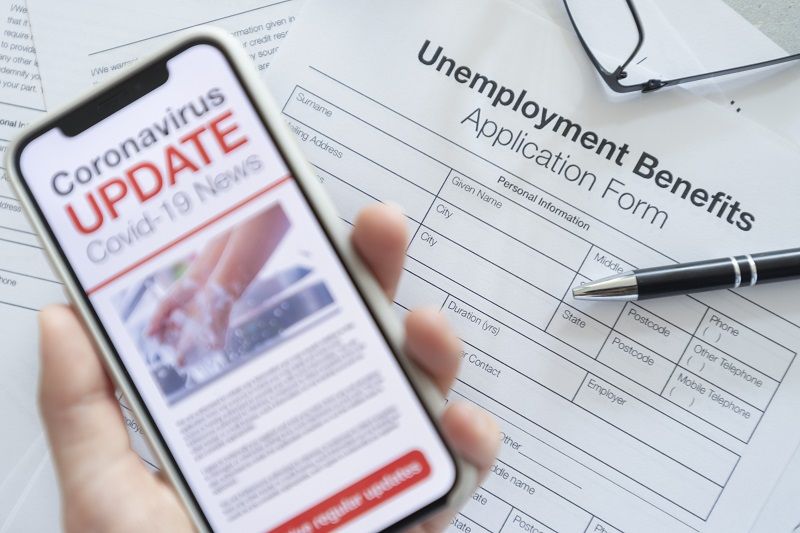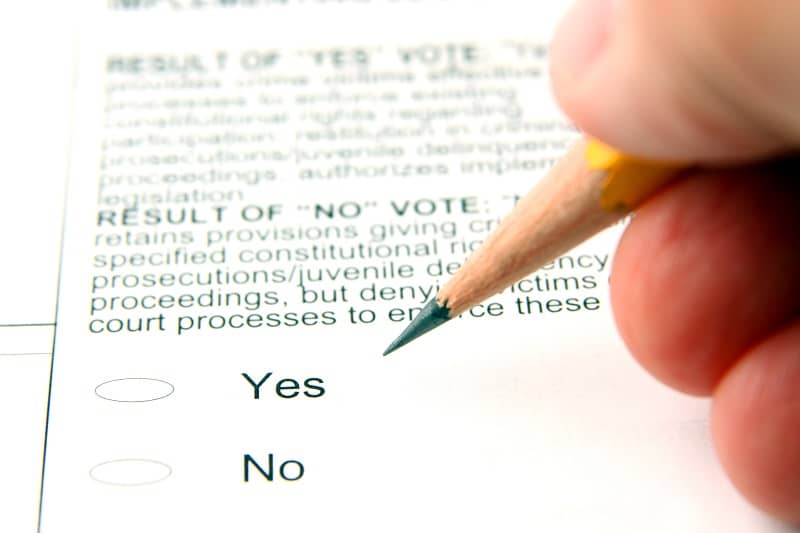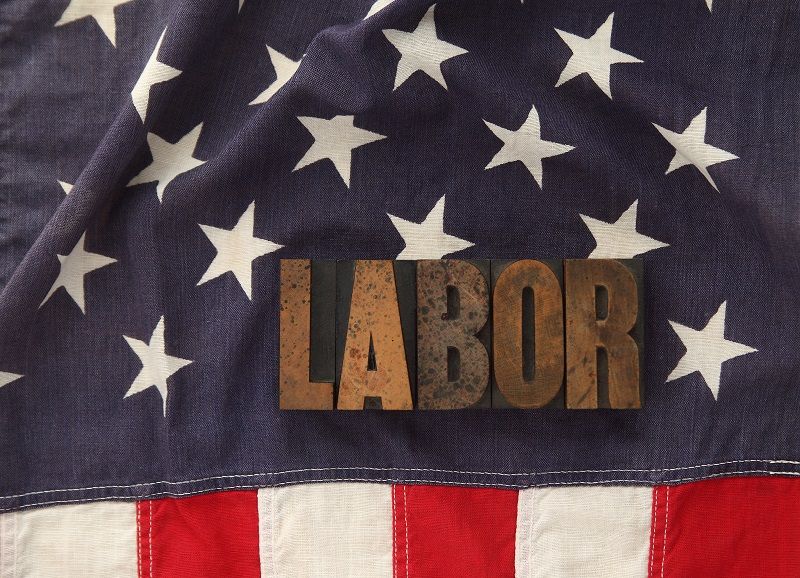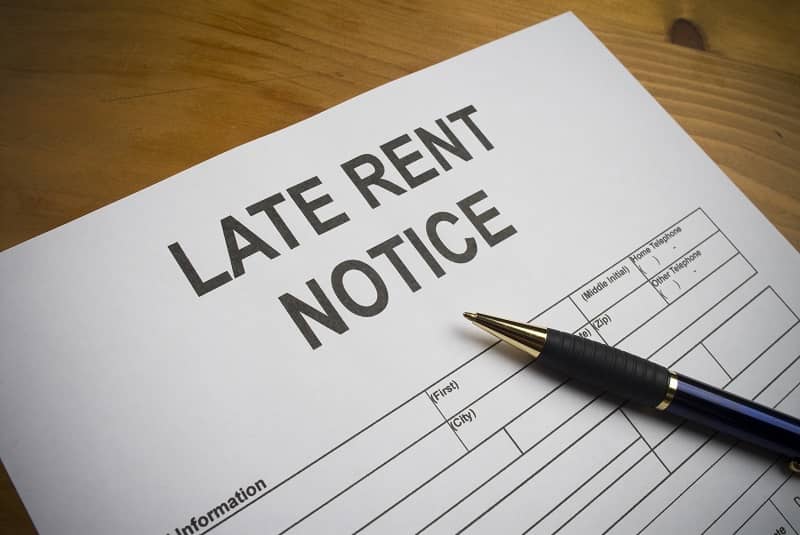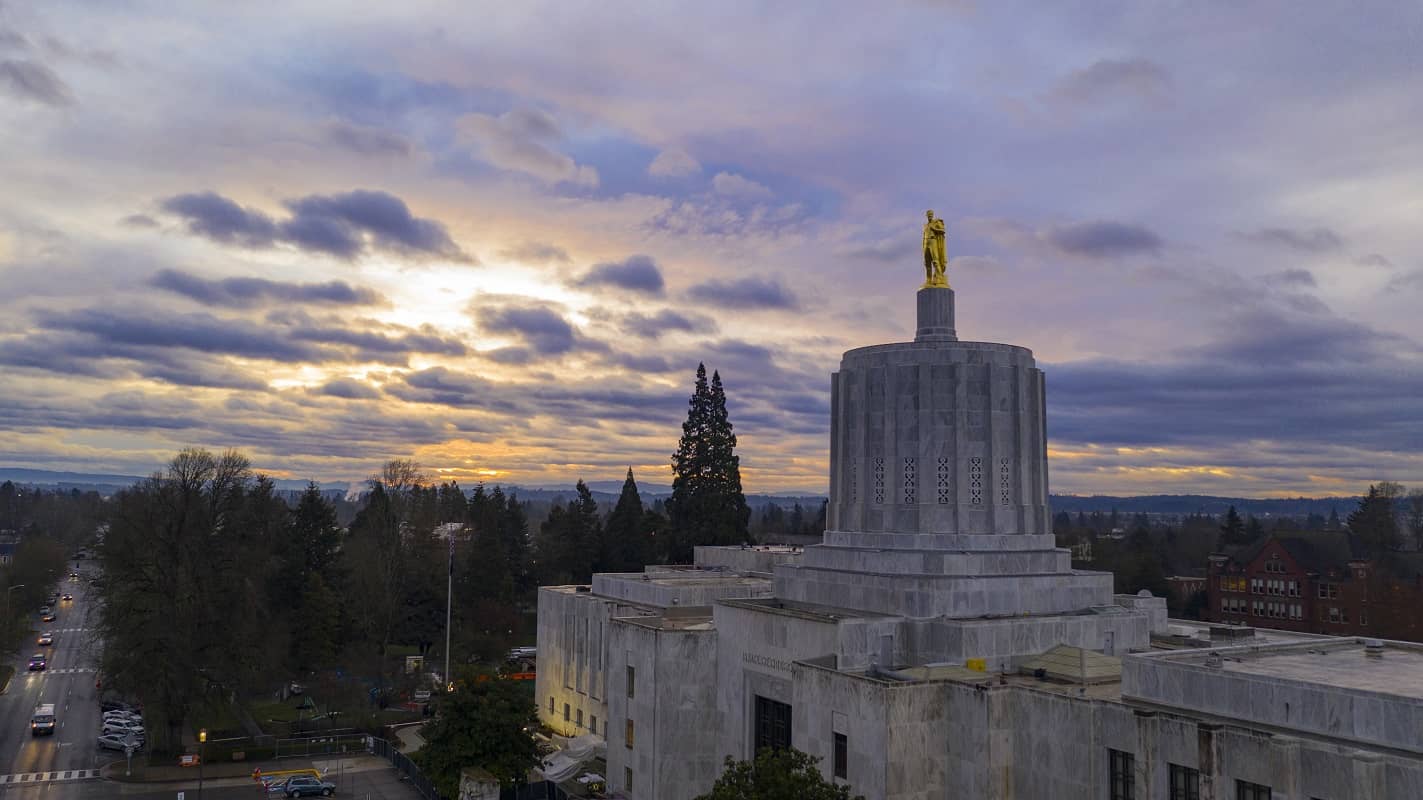

Unemployment Insurance Extensions Appeal to the Heart but Rob the Soul
By Christina Martin
Download the pdf here
The federal government is likely to extend unemployment benefits with approval from both conservatives and liberals. If all federal extensions pass, Oregonians will be eligible for up to 105 weeks (about two years) of Unemployment Insurance (UI) benefits, compared to the usual 26 weeks. Oregon’s extended benefits bill recently passed the state legislature with unanimous support by Democrats and Republicans. The U.S. Congress’s extensions, likewise, are predicted to pass with bipartisan support. Why have these extensions received such wide approval? Are they incontrovertibly good, or do these bills just feel good?
Supporters argue that extensions would benefit unemployed workers, as well as the larger economy by providing a stimulus. Who doesn’t want to help those hit hardest by the economic downturn? Yet, when you look beyond the direct payment of benefits to the impact it has on both workers and the economy, UI loses its luster.
Economic research has established conclusively that extending the duration of unemployment benefits increases the length of time that workers remain unemployed. Subsidizing an activity (in this case, unemployment) promotes that activity. Economic research has shown that each 13-week extension of UI benefits increases the average unemployment spell for recipients by about two weeks.
Economic modeling confirms that UI is not a successful form of economic stimulus. Studies that have concluded otherwise neglect UI’s role in increasing unemployment and falsely assume that households spend all of the benefits that they receive. A macroeconomic model by the Heritage Foundation revealed that for each federal dollar spent extending UI benefits to just 46 weeks, GDP expands a mere 17 cents, considerably less than “almost any other use of resources.” Extending UI from 26 to just 46 weeks increased total unemployment by 0.22 percentage points. Many other studies have confirmed that UI is painfully inefficient, creating significant incentives for business to lay off workers (at least temporarily) and to systematically use the UI system to subsidize off-seasons, as well as creating other unintended consequences.
Furthermore, generous UI benefits damage our economic future as we will have to get every penny spent back. The federal government has taken on massive debt that is threatening our future economic stability. And in Oregon, we are now paying higher payroll taxes to support our unemployment funding. Extending benefits will only extend the time it will take for those rates to shrink and ease the burden on employers and employees.
Yet, these facts can seem unconvincing, eclipsed by concern for the unemployed. I have been confronted with disbelief by legislators and others who shrug off these facts, unable to contradict them, but supporting the extensions nonetheless. At times I’ve found myself unable to voice opposition to the increases. Blaise Pascal said that all our reasoning ultimately yields to sentiment. It seems that a natural aversion to risk and an affection for our neighbors make such benefits appealing, in spite of reason. I realize now that the concerns of the heart must be addressed in order to convince anyone, including myself.
One of my friends has been unemployed for over a year. At first, I could not oppose benefit extensions because I did not want her benefits to end. I want her to feel secure. But it is precisely because I care for her and my community that I must oppose such extensions.
Obviously, instant relief feels good. But it merely delays the harm, and in some cases makes it worse. Plato said that necessity is the mother of invention. This echoes an ancient proverb that says, “The laborer’s appetite works for him; his hunger drives him on.”
The longer a worker remains unemployed, the less marketable she becomes (provided that she is not simultaneously receiving new training). An unemployed worker is not growing human capital that would allow her to earn more down the road. In the meantime, the unemployed worker’s self-esteem often drops significantly.
Unemployment benefits are steady and dissuade individuals from taking risks. Taking a new job is always a risk since it may not work out. Branching into another sector of work or starting a new business is an even bigger risk. Fortunately, many Oregonians have branched out during this recession. But many are held back or delayed because a basic cost-benefit analysis causes them to err on the side of caution, sticking with the benefits that are almost guaranteed to keep coming for many months.
A harder truth is that I must take responsibility for my friends and neighbors. Passing my responsibilities onto the state robs me of the opportunity to take care of myself or to bless a friend in need, and it breaks the social fabric that makes for a strong community. Historically, communities have relied on social networks for support in rough times. Perhaps our increasing social isolation (as evidenced by decreased membership in social organizations and decreased public involvement) is related to our decreased dependence on each other. Social programs rob us of opportunities to help each other.
When my friend can no longer find shelter under the government’s wing, she will turn to me. Then, I will hold her accountable to find a job, because supporting her will give me the right to demand that she work diligently to find work. We will both benefit from a strong bond that can only come from such circumstances.
Christina Martin is Director of the Asset Ownership Project at Cascade Policy Institute, Oregon’s free market research organization.





